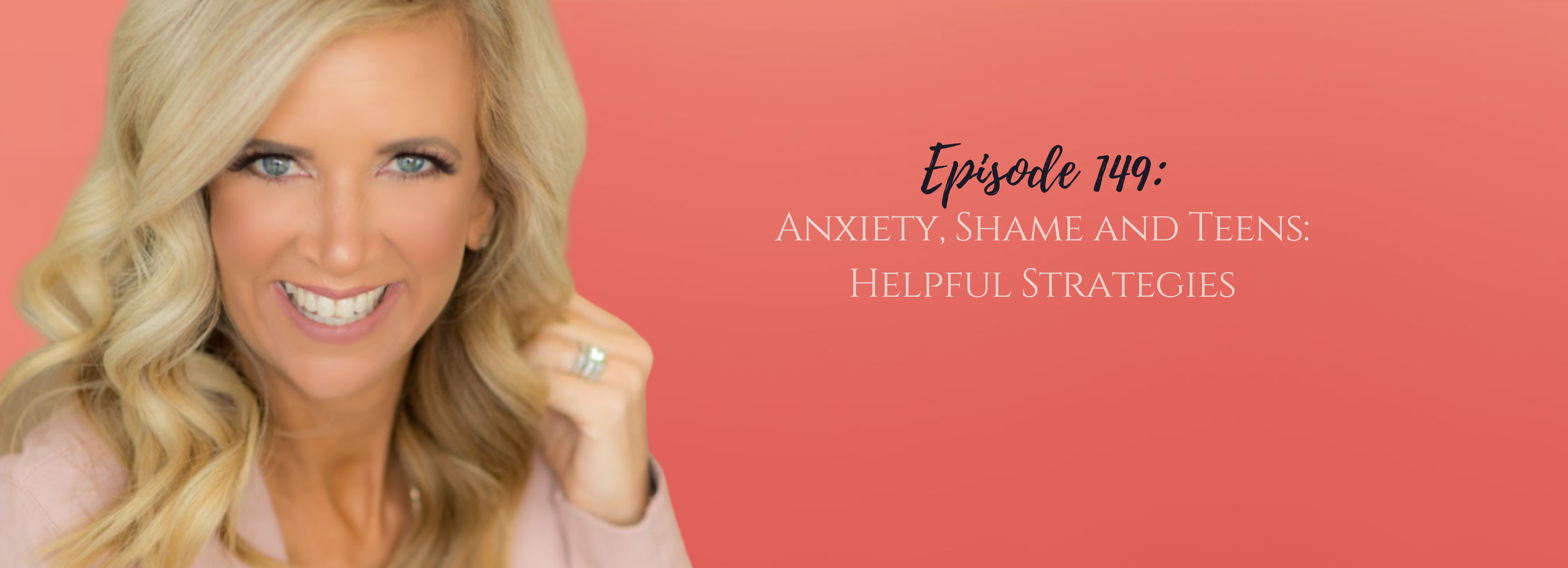
anxiety, shame and teens:Helpful Strategies with Dr. Melanie McNally| 2.23.2022
In this episode, Kristen talks with Dr. Melanie McNally about what parents can do to help their teens manage anxiety and overcome shame.
You'll Learn
Resources
For counseling services near Indianapolis, IN, visit www.pathwaystohealingcounseling.com.
Subscribe and Get a free 5-day journal at www.kristendboice.com/freeresources to begin closing the chapter on what doesn’t serve you and open the door to the real you.
This information is being provided to you for educational and informational purposes only. It is being provided to you to educate you about ideas on stress management and as a self-help tool for your own use. It is not psychotherapy/counseling in any form.
[fusebox_transcript]